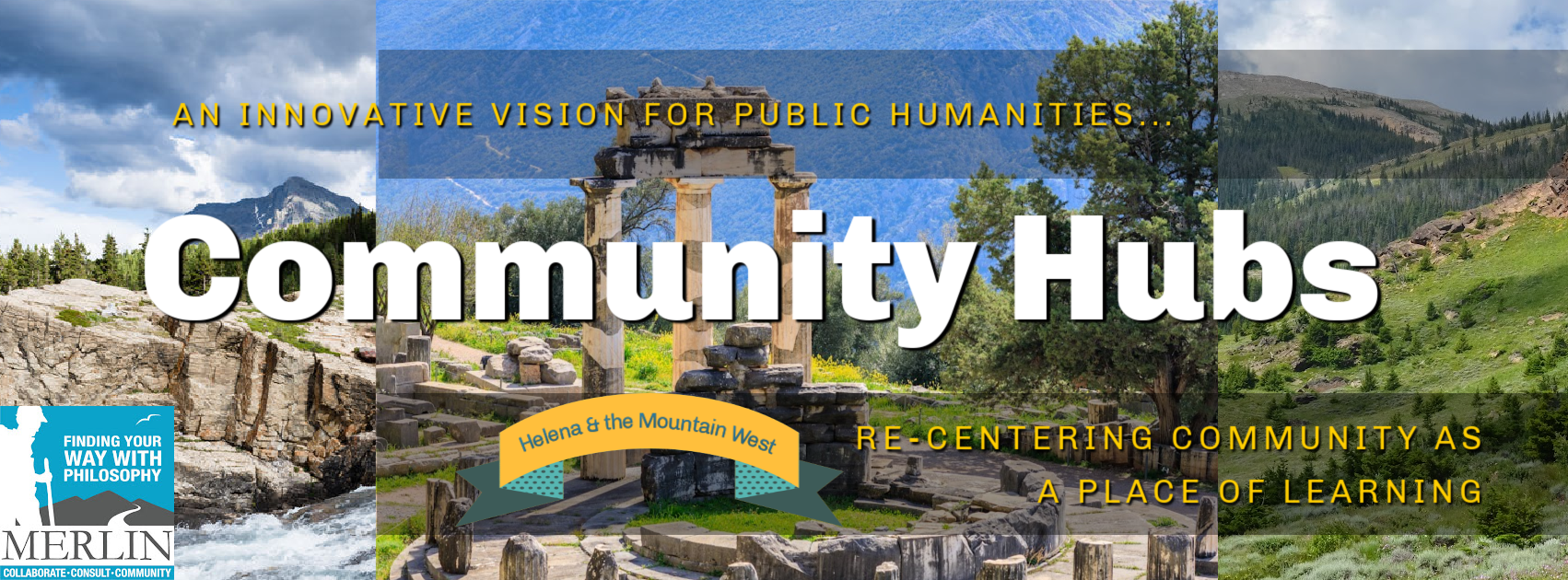
RE-CENTERING THE COMMUNITY AS A PLACE OF LEARNING
Project Snapshot
Inspired by the unique role of human connection and community as central to critical thinking—places where living and learning together go hand in hand—our Community Hubs project re-envisions the academy by re-centering the community as a place of learning.
The project involves four distinct phases, each of which we will campaign for prior to its launch:
• Phase 1: Community Hubs – Pilot
• Phase 2: Rural Hub Pilot Program
• Phase 3: Urban Hub Pilot Program
• Phase 4: Statewide (Montana) & other Mountain West Community Hubs
- 0%
Raised: $0
of $50,000 Goal
In-Kind donations, project personnel, scholars, venues, and community sponsors secured.
Funding in Dollars Needed to Launch Phase 1: $50,000.
Phase 1 Overview
Phase 1 of our project is both a stand-alone initiative with immediate, local & far-reaching benefits and a critical step in our larger vision for public humanities (and our project at large).
In this phase, humanities scholars from Montana and other states will gather in Helena and develop concrete strategies for “community hub” models of learning in rural & urban settings, as well as create templates for a future scholar-in-residence/research fellowship program; together these will serve as blueprints for phase 2, 3 & 4 of our project.
Phase 1 will also involve several free public community programs (led by these and other scholars), including:
- Public symposium & panel discussions
- “Masterclass” workshops (w/ scholars as teachers)
- Community-led activities (w/ scholars as students)
- Place-based educational outings (w/ scholars & community members), and
- Informal local gatherings (w/ scholars and community members)
Phase 1 of the project will:
- Bring together humanities scholars currently researching/working in and/or interested in community-centered models of public philosophy education
- Put “philosophical tools” (e.g., skills, methods, techniques) in the hands of community members that help answer the question: “What can I, situated as I am, do to develop myself philosophically, humanistically, intellectually?”
- Make living philosophically a “live option,” both in the sense of articulating “Here’s something philosophical communities have done/are doing, and that you might also do” & in the sense of giving immediate guidance for doing so
- Deliver concrete strategies & initial sketches toward plans for implementation of “community hub” models of learning at the group/institutional levels
- Offer a “first run” of what a “scholar-in-residence” & research fellowship programs might look like both by doing it in the present (via the scholars’ participation the project), and by preparing the groundwork to do it in a more refined & deliberate way in the future
Learn More
Click each icon below for more detail
‘Community Hubs’ Project Description & Inspirations
At the heart of the humanities is the human experience. It is here—from this universal disposition, from our individual and shared experiences—that philosophical inquiries emerge inviting us to think, reflect, imagine, explore, connect, and better understand ourselves and the world in which we live.
The increasing challenges and losses of recent years (isolation, social fragmentation, economic challenges, loss of resources, and more) remind us of this universal and ever-present disposition. Moreover, they reveal the dynamic value of humanistic inquiry. From an instrumental perspective, the humanities are valuable because they help us engage in/respond to the world effectively, with curiosity and intellectual rigor, and in ways that promote civil discourse. This alone makes the humanities worth pursuing. But there is more to it than that. The process of humanistic inquiry is a unique, intrinsic good worth pursuing in itself: it is a turn toward our humanity, and away from our (mere) instrumental utility, and a reminder and invitation to examine and embrace what it means to be, and to cultivate ourselves, not just as an agglomeration of individuals, but AS a community.
Our Community Hubs project taps into and honors all of this by addressing some of the “subtler” losses of our times (e.g., public connection, informal encounters, and face-to-face human interaction), while also doing the important work of setting the stage for a new (revitalized) vision of public humanities that centers around the very thing which gives humanistic inquiry its wings: community.
It offers space for a broad spectrum of people—from a network of non-local professional scholars, to a local hub of experts/professional scholars and local amateur scholars (i.e., individuals who are seriously engaged in the pursuit of wisdom and a philosophical life), to local hangers-on, casual attendees, and those who are simply just curious but not yet passionately “in love” with a life of learning—to engage, reflect, and tap into their humanity, together, as a community of thinking, feeling beings.
As a result, our project is not only a platform that facilitates enriched understanding and connections, a renewed sense of wonder and curiosity, and the acquisition of important skills for engaging in civil discourse, but also a platform by which to continue this cultivation of humanistic (and philosophical) inquiry and community-building with others.
While most philosophical content can be a vehicle for addressing these lessons and “subtler” losses, this project is special because it looks at these problems self-referentially, by making its specific content: (A) the philosophical life (the art of living philosophically); (B) a humanistic endeavor (the art of living humanely), and; (C) the intellectual life (the art of learning, for its own sake). As it turns out, across human history & cultures, all three of these (A, B & C) are done preeminently in the community.
Some precedents, models & inspirations for our project include:
-
-
- The 19th century American “lecture circuit”
- The mutual improvement societies (esp. of the 18th-early 20th centuries)
- Philosophical schools of the ancient Mediterranean: the Athenian Academy, the Alexandrian Platonic school, the Stoa, the Lyceum, etc. In all of these, a community of life is deeply interwoven in the lives of other such communities (as was witnessed, for example, by the constant interchange of members between the Athenian & Alexandrian Platonic schools)
- Monasteries (e.g., Christian, Buddhist) as places of special focus. Whether these were temporary stations in life or longer, they were intended to serve as a platform for public good, providing a wide range of benefits for their neighbors, in perpetuity
-
Our project draws inspiration from these models of living/learning and the unique role of human connection and community as central to critical thinking. These ideas are captured in what we are calling “community hubs.”
Phase 1: Community Hubs – Pilot
With this in mind & from a birds-eye view, the first phase of our project entails:
-
-
- Intellectual/theoretical reflection on what living philosophically, humanistically & intellectually in a community means (how it’s done, why it’s done, how best it can be done)
- Envisioning structures, platforms & places for it to happen (with Helena as one such center & as a model for others)
- Enacting A, B & C (i) over the course of this project, (ii) such that the project will continue to bear its fruit for our local community, springing directly from this, in perpetuity, and (iii) in ways that open doors to future long-distance collaboration
- Being itself a template/pilot for scholar-residencies/research fellowships
-
Phase 1 of our project is both a stand-alone project with immediate, local & far-reaching benefits AND a critical step in our larger vision for public humanities that will:
-
-
- Bring together humanities scholars currently researching/working in and/or interested in community-centered models of public philosophy education
- Put “philosophical tools” (e.g., skills, methods, techniques) in the hands of community members that help answer the question: “What can I, situated as I am, do to develop myself philosophically, humanistically, intellectually?”
- Make living philosophically a “live option,” both in the sense of articulating “Here’s something philosophical communities have done/are doing, and that you might also do” & in the sense of giving immediate guidance for doing so
- Deliver concrete strategies & initial sketches toward plans for implementation of “community hub” models of learning at the group/institutional levels
- Offer a “first run” of what a “scholar-in-residence” & research fellowship programs might look like both by doing it in the present (via the scholars’ participation the project), and by preparing the groundwork to do it in a more refined & deliberate way in the future
-
Phase 1: Project Structure & Beneficiaries
Phase 1 of the project will involve:
1. Scholar committee sessions
2. Public symposium & panel discussions
3. “Masterclass” workshops (w/ scholars as teachers)
4. Community-led activities (w/ scholars as students)
5. Place-based educational outings (w/ scholars & community members)
6. Informal local gatherings (w/ scholars and community members)
7. Strategies & sketches for “community-centered” learning implementation (at both the group and institutional levels)
8. Creation of a preliminary template for “scholar-in-residence”/research fellowship programs
Project scholars will participate in a series of intensive scholar committee sessions, first, on a remote rural campus on Merlin Nature Preserve. In tandem with the modest & interdependent communal living set-up presented by the rural campus, scholars will work to define the parameters & ends of living philosophically in a community: what does it take for us, here, now, to live philosophically together? Discussions will be informed by a blend of personal experience of the participants (both past and current), examination of historical precedents & formal sessions devoted to each.
With regard to ends, scholars will focus on the following questions:
-
-
- What purposes does philosophical community serve?
- What space do we leave for inobvious purposes of such community to be revealed or disclosed later? (In other words, how does this develop organically? How does it leave room for discovery?)
- Do we (& if so, in what manner) say that philosophical community is an end in itself?
-
With some sense of the big picture, ends, purpose & parameters, we can then consider the specific elements involved in realizing this: What physical/material, social, mental/intellectual, volitional, and spiritual conditions or circumstances are necessary, in order to realize such philosophical community? How can we successively approximate or enact these circumstances?
After living together on the rural campus, scholars will then move into their urban campus location together (at Carroll College), expanding the net of their focus questions to include observations about how such lessons might translate to urban settings (e.g., is the sense of community & interdependence experienced in rural settings the same as in urban? Are there additional variables to consider?). Observations drawn from both living experiences will be compiled as strategies and sketches for implementing “community-centered” learning hubs at both the group & institutional levels.
As it concerns (2) – (7), these will take place over the course of our intensive program and will be free to the public.
Finally, insofar as this project is a pilot/first manifestation of a scholar-in-residence/research fellowship program, every guest scholar will be a speaker or presenter for something to the wider public community: whether being part of the symposium panel, giving a masterclass, etc. Residencies/fellowships will combine a visiting scholar’s sharing of his or her own knowledge and expertise, with participation in the pre-existing, already-established, ongoing life (and learnings) of the local community. We see visiting scholars becoming (for a limited, but nonetheless extended, duration) part of our community, which makes for a different dynamic for the scholar & the community, and allows for people to develop together in unique ways over time in a place.
Beneficiaries include:
-
-
- Local communities & local amateur/professional scholars—by re-centering the community as a place of learning, by offering cutting-edge research/work and people that might otherwise be inaccessible behind the “ivory tower,” and by creating a place for a community of thinkers to cultivate their civic selves
- Non-local communities & project scholars—by creating a uniquely local (yet deeply human and shared) experience for scholars who can then take their learnings and observations back to their respective communities and campuses
- The discipline of philosophy—by re-envisioning and facilitating a connection between thinking as a community (and having places to do this together) & the ancient practice of philosophy as a way of life where ‘place’ & ‘community’ are not just means to an end, but part and parcel of the practice itself
- The humanities more broadly—by expanding access to and providing a platform for engaging in humanistic inquiry & “doing” humanities together in a community
-
Phase 1: Invited Project Scholars
- Justin Whitaker (Independent Scholar & Senior Correspondent for Buddhistdoor Global; MA in Buddhist Studies, Bristol University, U.K.; PhD in Buddhist Ethics, Goldsmiths, University of London) – Missoula, MT
- Jane Drexler (Professor of Philosophy at Salt Lake Community College; PhD in Philosophy, Binghamton University, SUNY) – Salt Lake City, UT
- Rob Colter (Senior Lecturer in the Department of Philosophy & Religious Studies at University of Wyoming; Founder & Director of Wyoming Stoic Camp; Co-Director of Wyoming Pathways from Prison; Podcast Co-Host of “Philosophy as a Way of Life”; PhD in Philosophy, Northwestern University) – Laramie, WY
- Ryan Johnson (Assistant Professor of Philosophy, Elon University; PhD in Philosophy, DuQuesne University) – Elon, North Carolina
- Mark Ralkowski (Associate Professor of Honors & Philosophy and Philosophy Honor Society Advisor, George Washington University; Posse Mentor for the Posse Foundation; PhD in Philosophy, University of New Mexico) – Washington, D.C.
- Henry Kramer (Adjunct Assistant Professor of Religion, Hunter College; Adjunct Assistant Professor of Philosophy, Carroll College; Organizer/Community Educator of Eco-Spirituality Beacon; MA in Environmental Philosophy & Literature, University of Montana) – Beacon, NY
- Julia Jorati (Associate Professor of Philosophy, University of Massachusetts Amherst; PhD in Philosophy, Yale University) – Amherst, MA
- Phillip Schoenberg (Assistant Professor of English & Philosophy, Western New Mexico University; PhD in Philosophy, University of New Mexico) – Silver City, New Mexico
- Allison Krile-Thornton (Assistant Professor of Philosophy, University of South Alabama; PhD in Philosophy, Baylor University) – Mobile, AL
- Jacob Stump (Assistant Teaching Professor in Philosophy, Northeastern University; PhD in Philosophy, University of Toronto) – Boston, MA
- Rebecca Chan (Assistant Professor of Philosophy & Director of University Pre-Law Advising, San Jose State University; PhD in Philosophy, Notre Dame University; JD, University of Colorado) – San Jose, CA
- Dan Fouts (AP Government, Philosophy & US History Instructor in Chicagoland Area; MS in Education & Social Policy, Northwestern University) – Chicago, IL
PROGRAM DIRECTORS
Main project personnel reside in Helena, MT
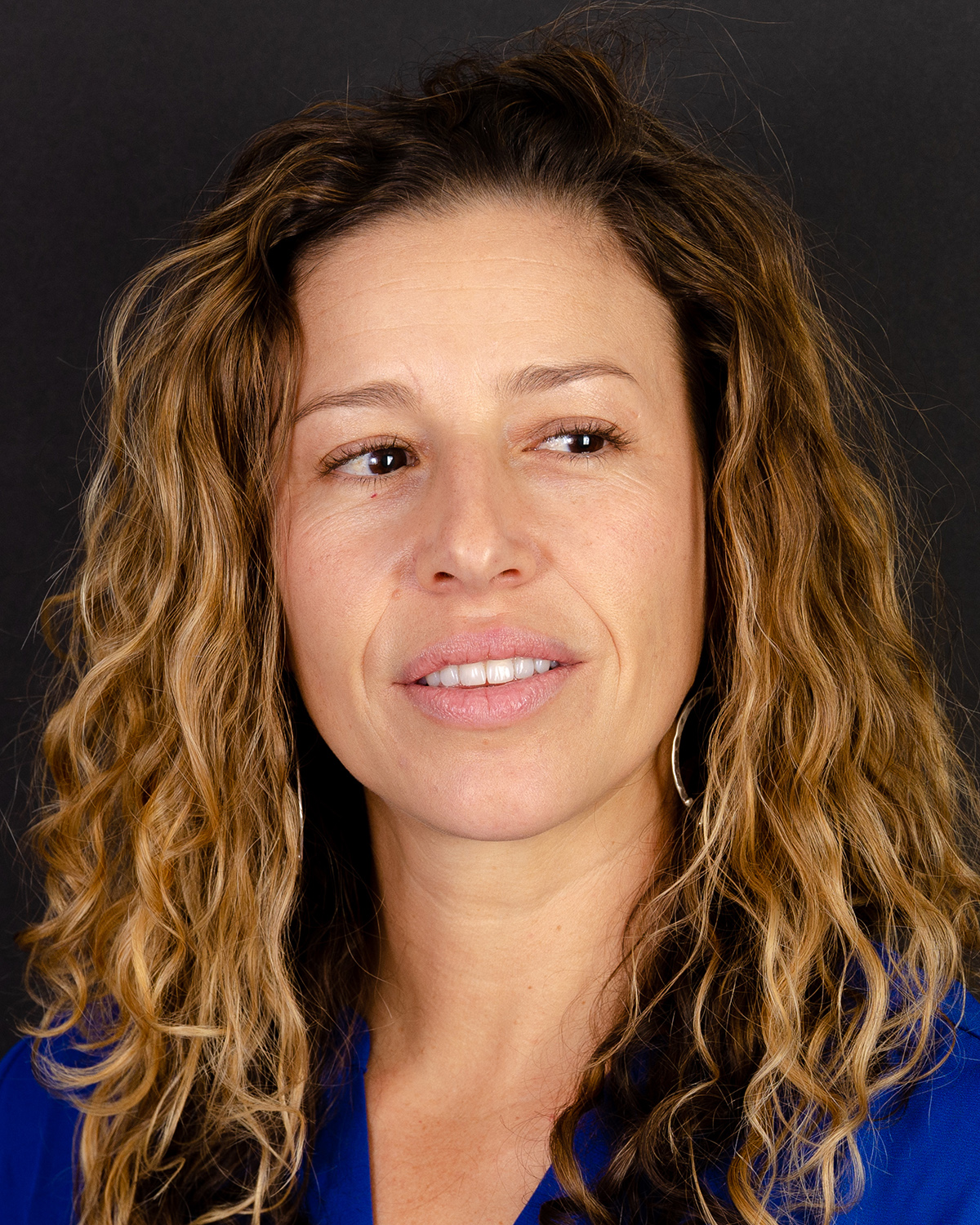
Marisa Diaz-Waian
Program Director
About Marisa
Marisa Diaz-Waian is community philosopher, educator and Founder & Director of Merlin CCC. A “generalist” by nature, training, and practice, she has an M.A. in Philosophy from San Diego State University (Summa Cum Laude), serves on the board & education committee for The Philosophy Learning and Teaching Organization, and is a speaker for Humanities Montana.
She is also an NEH scholar, has philosophical practitioner credentials in Logic-Based Therapy, is a volunteer for the U.S. LBT Institute of Critical Thinking & the National Philosophical Counseling Association, a published author and co-author of numerous scholarly works, and an (occasional) Adjunct Philosophy Instructor at Carroll College in Helena, MT.
Born in Santa Monica, CA, Marisa was a high school & collegiate scholar-athlete. She spent the majority of her formative years along the coastlines of Southern & Northern California, exploring tidepools, playing basketball and volleyball, body surfing, and getting into good-hearted mischief. As she grew older, Ennis, Bozeman & Helena, MT became regular stomping grounds. Her summers were frequently spent fly fishing, bird watching & “wandering into the great wide open” with her late father (and buddy), Lee. B. Waian.
“The first person to introduce me to philosophy was my poppa. We would spend hours talking shop — holding ideas up against the light of reason, taking them apart & putting them back together again…having fun exploring the terrain. But it was more than just that. My father was a man who put his (& others’) ideas to the test…who walked the walk….and who showed me (by virtue of who he was) that thought & action (must) go hand-in-hand…That talk (thought, feeling) is not enough…we must also strive to do & be. Over the years, the philosophy-seeds that he & countless others in my life have helped to sow & nurture, took shape…ultimately resulting in the formation of Merlin CCC. I am grateful and elated to be part of such an amazing process…and feel passionately about the power of philosophy to transform & inspire in each of us…grace, humility, beauty & strength.” — Marisa
An active member of the Helena community, Marisa lives off-grid and happily “hangs her hat” at Merlin Nature Preserve, where she serves as its resident-steward.
Marisa has a special interest in ethics & ancient philosophy, as well as existentialism, humor, and “fuzzy” things at the intersection of philosophy and psychology. (She also really loves wolves, the ocean, art, jazz, basketball, dancing, laughing, reggae, and doing things outside of the box).
Her work focuses on philosophy in the community, across all ages and backgrounds, and frequently involves an interdisciplinary, environmental, and intergenerational bent.
Marisa can be reached at [email protected] or via phone at #406-439-5788 (Cell) or #406-502-2122 (Office).
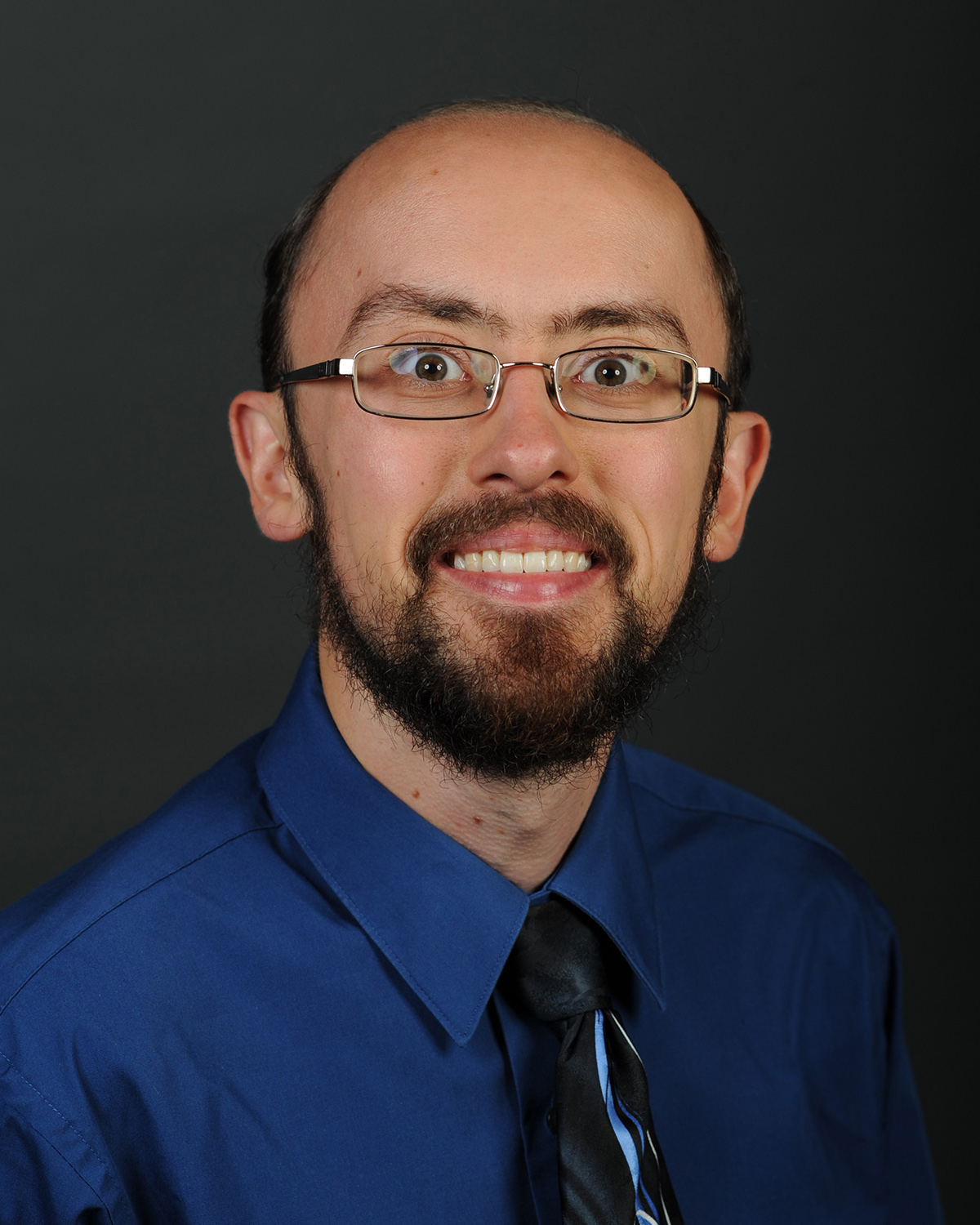
David Nowakowski
Program Co-Director
About David
David Nowakowski is as a community philosopher and educator in the Helena area whose professional work is dedicated to helping people of all ages and backgrounds access, understand, and apply the traditions of ancient philosophy to their own lives. A lover of philosophy and the great outdoors, David moved to Helena (originally from Pennsylvania) in 2019 to build his consulting practice and serve as a Community Philosopher & Advisor for Merlin CCC, as well as Senior Mentor for scholars in the Merlin Fellowship Program.
David began studying ancient philosophies and classical languages in 2001, and has continued ever since. A scholar of the philosophical traditions of the ancient Mediterranean (Greece, Rome, and North Africa) and of the Indian subcontinent, reading Sanskrit, Latin, and classical Greek, he earned his Ph.D. in philosophy from Princeton University in 2014. His work has appeared in a variety of scholarly journals, including Philosophy East & West, Asian Philosophy, and the Journal of Indian Philosophy; as well as in presentations to academic audiences at Harvard, Columbia University, the University of Toronto, Yale-NUS College in Singapore, and elsewhere.
After half a decade teaching at liberal arts colleges in the northeast, David chose to leave the academy in order to focus his energies on the transformative value of these ancient philosophical and spiritual traditions in his own life and practice, and on building new systems of education and community learning that will make this rich heritage alive and available to others.
A hermit by nature and by committed choice, he balances contemplative solitude with his active work in teaching, counseling, and the healing arts. We are elated to be collaborating with David on our philosophy in the community activities, fellowships, and other Merlin projects.
David can be reached at [email protected] or via his personal website.
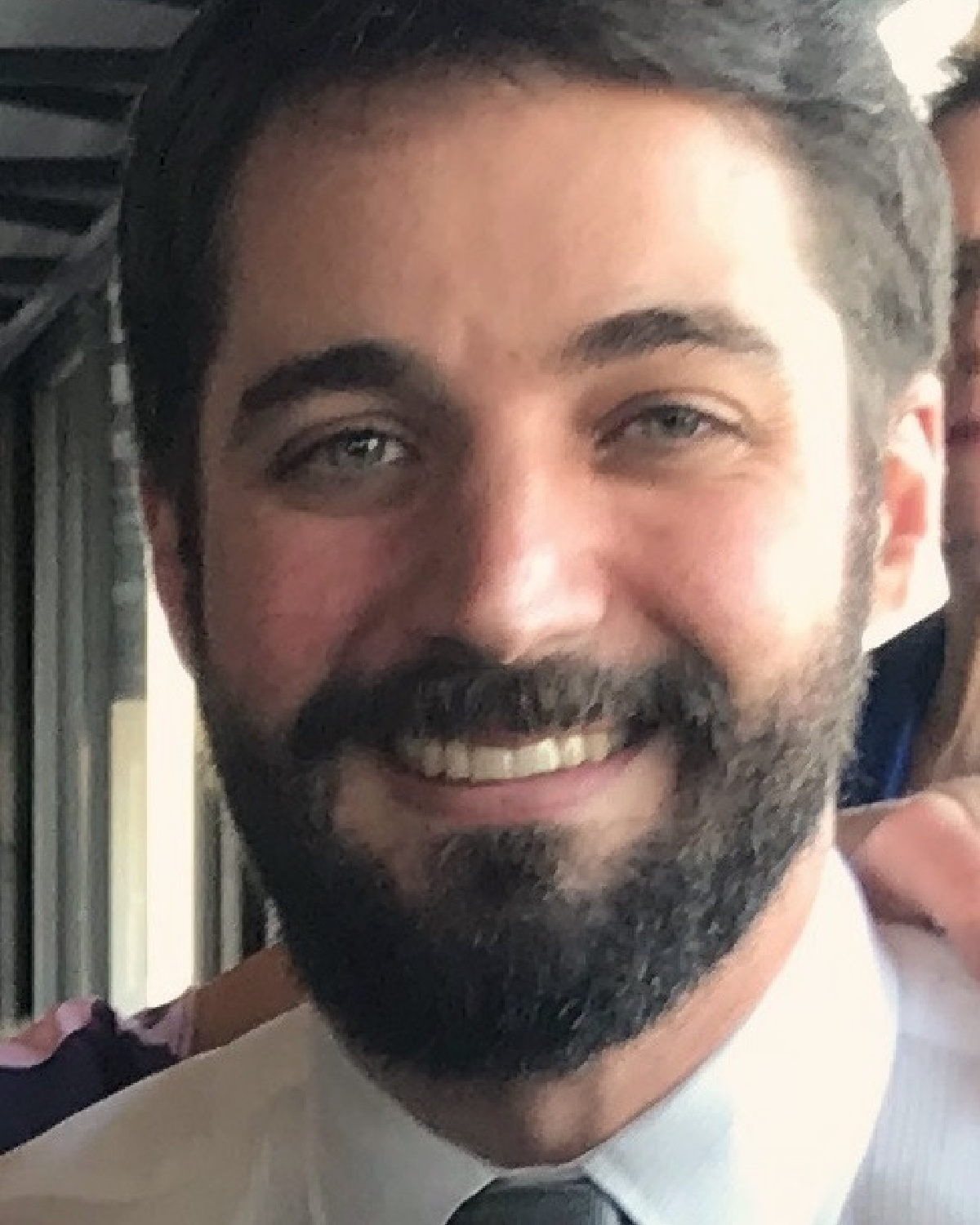
Mitchell Conway
Program Associate Director
About Mitchell
Mitchell Conway is a Community Philosopher & Youth Programs Advisor at Merlin CCC, a branch facilitator/educator at Cottonwood ALC, and serves on the education committee for The Philosophy Learning and Teaching Organization.
A student of philosophy, a theater maker, and a teacher who cares ardently about empowering young learners, his work has often been an interweaving of education, story, and inquiry. At the BIRD Theatre in Tottori, Japan, among other productions, he collaborated with Korean group TUIDA to create The Poetry Class about the colonial period and Pacific war; he also directed students at Kei Ai High School in Romeo & Juliet. Using applied theater, he performed with Village Playback Theatre creating improvisations from audience members’ personal stories, and for a three-month residency he taught embodied methods of community dialogue through the Colombo Americano in Medellin, Colombia. He has also taught theater to elementary school students at 82nd St. Academics and middle school students at Summer Institute for the Gifted.
For a year, Mitchell taught at the English Immersion Program in Umphium Mai refugee camp on the Thailand-Myanmar border using a curriculum based in literature and critical thinking. With the New York Foundling at Queens College, he supervised the academic component of The Dorm Project, a program supporting youth in foster care through college.
Mitchell has a Bachelor’s degree in Theater from Skidmore College and a Master’s degree in Philosophy & Education from Teachers College, Columbia University. Mitch has recently presented at the North Eastern Philosophy of Education Society (NEPES) and Philosophy Learning and Teaching Organization (PLATO) conferences. He also relishes walking in the forest.
Mitchell helps to facilitate and design several of Merlin CCC’s philosophy in the community programs, including programs for youth.
Mitchell can be reached at [email protected].
Invited Project Scholars
- Justin Whitaker (Independent Scholar & Senior Correspondent for Buddhistdoor Global; MA in Buddhist Studies, Bristol University, U.K.; PhD in Buddhist Ethics, Goldsmiths, University of London) – Missoula, MT
- Jane Drexler (Professor of Philosophy at Salt Lake Community College; PhD in Philosophy, Binghampton University, SUNY) – Salt Lake City, UT
- Rob Colter (Senior Lecturer in the Department of Philosophy & Religious Studies at University of Wyoming; Founder & Director of Wyoming Stoic Camp; Co-Director of Wyoming Pathways from Prison; Podcast Co-Host of “Philosophy as a Way of Life”; PhD in Philosophy, Northwestern University) – Laramie, WY
- Ryan Johnson (Assistant Professor of Philosophy, Elon University; PhD in Philosophy, DuQuesne University) – Elon, North Carolina
- Mark Ralkowski (Associate Professor of Honors & Philosophy and Philosophy Honor Society Advisor, George Washington University; Posse Mentor for the Posse Foundation; PhD in Philosophy, University of New Mexico) – Washington, D.C.
- Henry Kramer (Adjunct Assistant Professor of Religion, Hunter College; Adjunct Assistant Professor of Philosophy, Carroll College; Organizer/Community Educator of Eco-Spirituality Beacon; MA in Environmental Philosophy & Literature, University of Montana) – Beacon, NY
- Julia Jorati (Associate Professor of Philosophy, University of Massachusetts Amherst; PhD in Philosophy, Yale University) – Amherst, MA
- Phillip Schoenberg (Assistant Professor of English & Philosophy, Western New Mexico University; PhD in Philosophy, University of New Mexico) – Silver City, New Mexico
- Allison Krile-Thornton (Assistant Professor of Philosophy, University of South Alabama; PhD in Philosophy, Baylor University) – Mobile, AL
- Jacob Stump (Assistant Teaching Professor in Philosophy, Northeastern University; PhD in Philosophy, University of Toronto) – Boston, MA
- Rebecca Chan (Assistant Professor of Philosophy & Director of University Pre-Law Advising, San Jose State University; PhD in Philosophy, Notre Dame University; JD, University of Colorado) – San Jose, CA
- Dan Fouts (AP Government, Philosophy & US History Instructor in Chicagoland Area; MS in Education & Social Policy, Northwestern University) – Chicago, IL
501(c)(3) NON-PROFIT ORGANIZATION
Merlin CCC
A Community Philosophy Organization
119 Reeder’s Alley, Helena MT 59601
PO Box 2034, Helena MT 59624
Tax ID/EIN: 47-1479303
www.merlinccc.org
PROGRAM DIRECTOR
Marisa Diaz-Waian
Founder/Director (Merlin CCC)
Tel: 406.502.2122
Cell: 406.439.5788
[email protected]
Invest in Community
by Investing in Philosophy
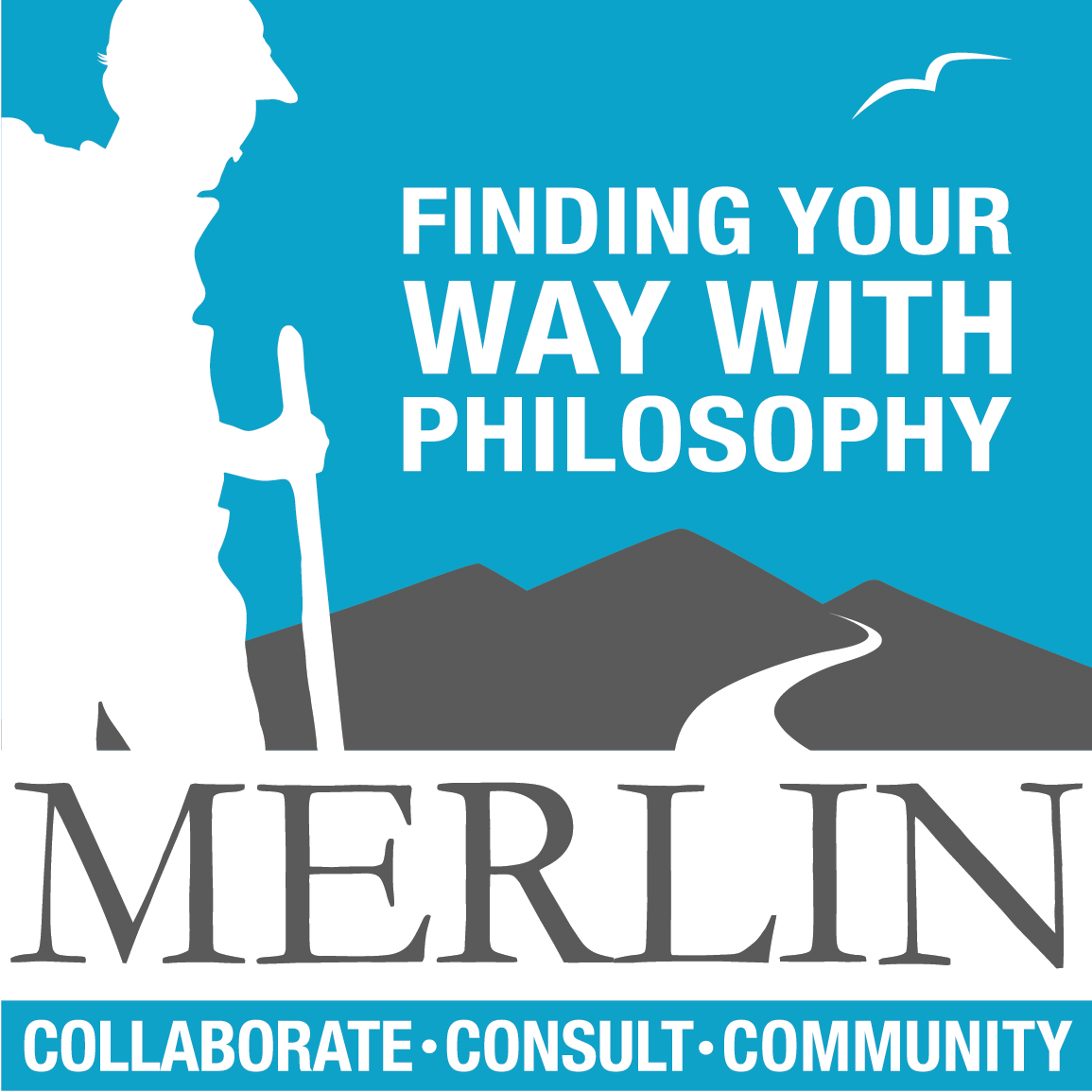 For more information or to donate by check, please contact the program director.
For more information or to donate by check, please contact the program director.
